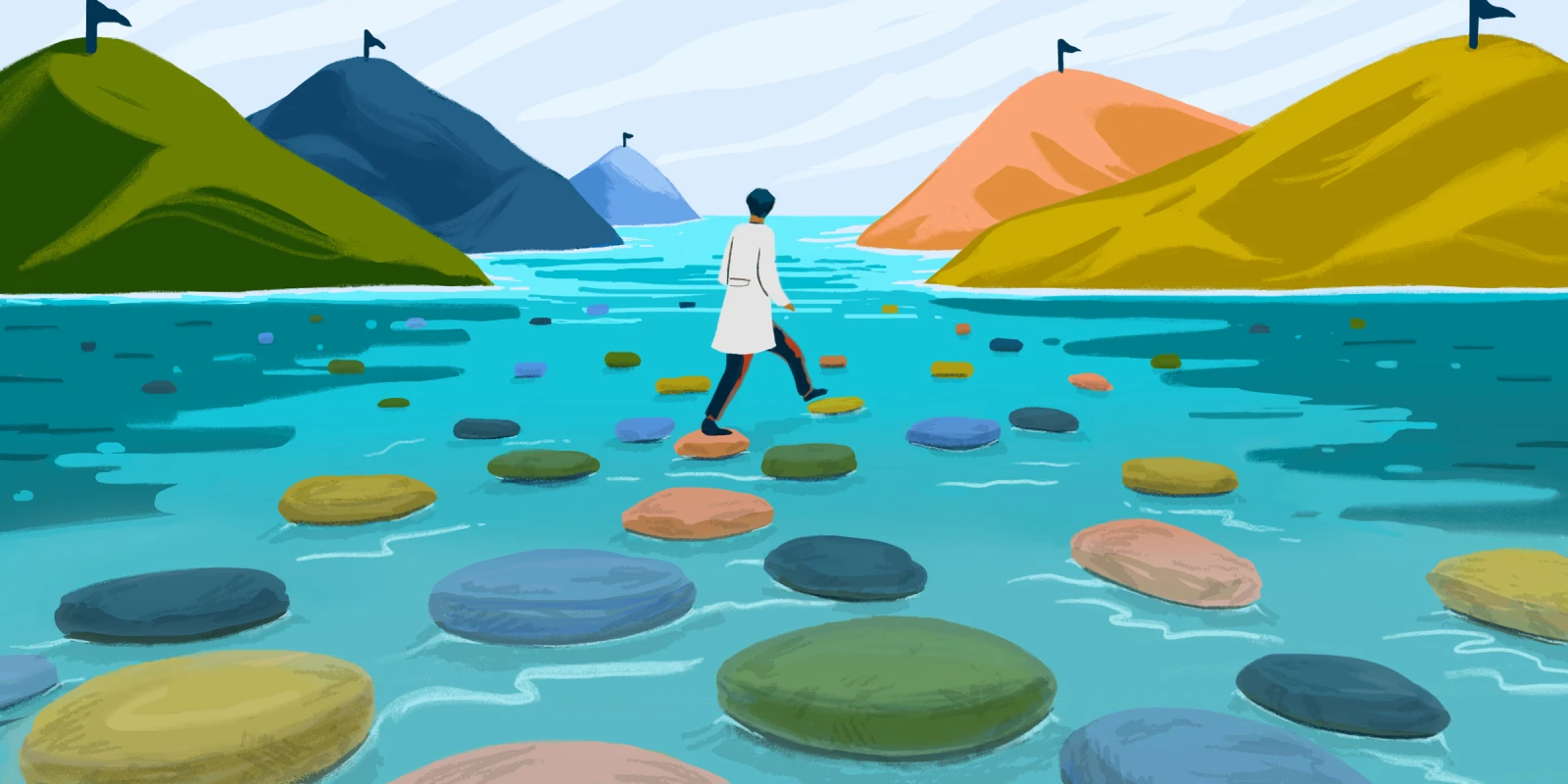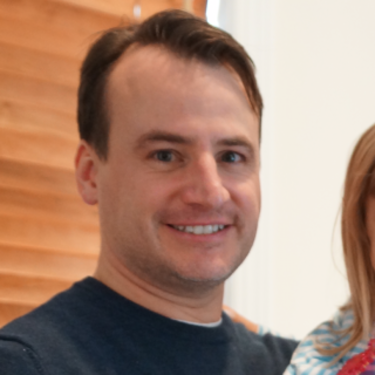We have no “do-overs” in life. Oftentimes, we ruminate on our life choices, and wonder if we made the right decisions. Would I do it all over again? Now that I have walked the walk, would the steps I took be the same? My role in health care is very similar in many aspects to that of a physician; however, my title has the additional “assistant,” or “associate” tag on the end. What does it mean to be an “assistant” in health care? And the question I get asked often: Why would someone choose to be a PA instead of a doctor?
I had planned to go to med school after undergrad, and it seemed like a straight shot. But after a traumatic head injury on a ski trip, I no longer wanted anything to do with medicine. I focused on classical literature, philosophy, other loves and paths. A decade later, after teaching English in Japan, I decided to return to the U.S. and revisit the idea of a career in medicine. I worked at veterinary offices and my local hospital, and found my sense of purpose working in human medicine. I decided to pursue medical school.
However, there was a career in health care I hadn’t previously heard about: physician assistants. Staring down my 30th birthday, I decided being a PA would be a great option, and I was accepted to a surgically focused program.
I knew by accepting a spot in PA school, I would be giving up the option of medical school. Would I be satisfied with my choice, both right now, and in the long-term? I felt like I had made the right decision, based on many factors, but as we all can attest to, hindsight is 20/20, the future is uncertain.
Graduating as a new PA, I needed to learn the routines, protocols, and various ins/outs of the hospital system in which I was hired. I absolutely hated my job for about the first six months, constantly questioning my decision-making and scared that I would make mistakes. Of course, I made mistakes but learned from them. I was learning right alongside residents, med students, and even fellows in cardiac surgery, who were often from different countries, or at least different hospitals. We all needed the support of each other.
I slowly began to learn one of the absolutes, those lenses that reveal our path: knowledge does not care who possesses it: no one owns it, it simply is. Translation to myself: be inquisitive, and open to learning, as there is no such thing as proprietary information. If I had valuable insight in terms of a treatment plan for a patient, the rest of the team would have been all ears. Similarly, I could learn from anyone. Status meant little in the care of the patient; knowledge and experience meant everything.
I lost count of the times a patient asked when they would see the “real doctor,” or “When will you graduate to be a doctor?” Seeds of doubt were planted inside of me, rooting in places I had never thought fertile. Did I fall short of my goal? Did I compromise in becoming a PA, rather than an MD, or even a veterinarian? Was there jealousy, or was I truly content with my place in the health care team?
I must admit I was truly fortunate. Remember, hindsight is 20/20. I was treated with respect, but I had to earn it. I had more responsibility handed to me when I showed that I could do the job. I had more of a say in instructing people, managing care plans, and assisting in surgery. I had the benefit of being exposed to diverse ways to approach a surgical problem, or how one solution to getting ourselves out of an intraoperative problem might outweigh another choice. I found myself stumbling upon another absolute: the reward of more autonomy and trust comes at the cost of sleepless nights reading up on surgery, spending free time at M&M meetings, and being incredibly dedicated to learning. The price of more independence was paid for with more responsibility, less of a safety net, and higher demands on my conscience — much of what we ALL experience as health care workers.
Of course, as with any of our bigger life choices, there are trade offs and compromises. I do come upon limitations as to how I can practice, license restrictions, or supervisory requirements. Often though, these are left to interpretation. I have always been comfortable with the scope once I have proven I can handle the responsibilities. When I have been in a teaching role with newer clinicians, residents, PAs, or NPs, I do all I can to help them on their way. This is the obligation and privilege of all of us with any experience because we all are standing on the shoulders of giants. Though we may see a little further along than our forebears, we owe much to those who have taught us along the way.
There will always be those days that I question my career choices, not only in my current role in psychiatry but as a clinician in general. Would I have been more satisfied had I chosen medical school? I do not think so. I think that when I do well, I have the same satisfaction as an MD might have upon picking up a rare diagnosis, or a successful operation, and the same sense of loss and helplessness when things go awry. Some may think that the responsibility for a negative outcome is lesser, but I’d attest that the cost I charge myself is equal. Absolute number three: Some cases will haunt you, regardless if you are a doctor, nurse, transporter, or PA. We can only learn from those experiences and move forward.
My mother used to tell me, “You never do the wrong thing by doing the right thing.” I try to live my life, both professionally and personally, by this tenet. At our best, we treat patients this way, and do not worry about our “role.” If the patient is cold, we get them a blanket. If they need a vein graft, we harvest it. If they need a shoulder to cry on, we provide it.
Now, I imagine I am an old man. Say, 90 years old. Will I regret my place, my “role” in health care? I will not. I will regret if I did not do my best along the way, if I fell short of doing whatever I could to better a patient’s life, or outcome. Otherwise, I do not regret my choices.
What does your PA journey look like? Share in the comments.
Chris van Eyck, DMSc, PA-C, MSHS is a psychiatric physician associate working in psychiatry in Northern Virginia. He is a 2023–2024 Doximity Op-Med Fellow.
Illustration by Diana Connolly







